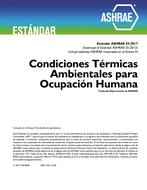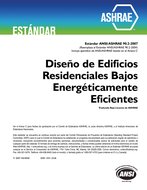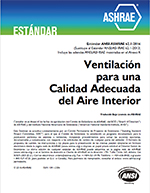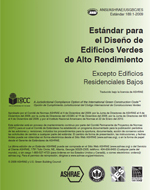Description
This paper is based on findings resulting from ASHRAE Research Project RP-1438.
This paper proposes operational design charts for combined chilled ceiling (CC) displacement ventilation (DV) hybrid air conditioning system (CC/DV). The design charts were developed by performing a large number of simulations using a simplified transport plume multi-layer model of the CC/DV conditioned space. The simulation model results were validated by conducting a series of experiments that showed good agreement with the predictions of the simplified model of the stratification height, the CC load, and the room air vertical temperature gradient.
The proposed design charts, like any chart in the literature, are based on the important parameter of the ratio of the CC cooling load to the total load (R), the thermal comfort represented by the temperature gradient (dT/dZ), and the amount of displaced air parameter ( ). The design chart parameters include the temperature ranges of the supply air temperature and the chilled ceiling for any R in the feasible design regions where dT/dZ is less than 2.5 K/m and with the facility to read off the stratification height H and insure that it is above 1.2 m. The stratification height was selected as an additional criterion to the thermal comfort because in humid warm climates, designing the CC/DV system for a high stratification height might be quite costly. The CC/DV design charts have shown that R can be met by different for different air supply temperature and chilled ceiling temperatures and that the stratification height is strongly correlated to compared to air and ceiling temperatures. Two correlations were developed at high predictability for the stratification height and vertical temperature gradient dependence on room height and system operational parameters.
Units: SI
Citation: ASHRAE Transactions, vol. 114, pt. 2, Salt Lake City 2008
Product Details
- Published:
- 2008
- Number of Pages:
- 14
- File Size:
- 1 file , 5.9 MB
- Product Code(s):
- D-SL-08-059




